Petition signed
Before you leave…
Two MPs, Diana Johnson and Stella Creasy have tabled amendments to the Criminal Justice Bill that would make extreme changes to our abortion laws.
Both amendments would make it more likely that healthy babies are aborted at home for any reason, up to birth. Please take 30 seconds to:
Ask your MP to vote NO to abortion up to birth
Ask your MP to vote NO to abortion up to birth this Tuesday
Thank you, your email has been sent to your {target} for
Join the many who have already contacted their MP

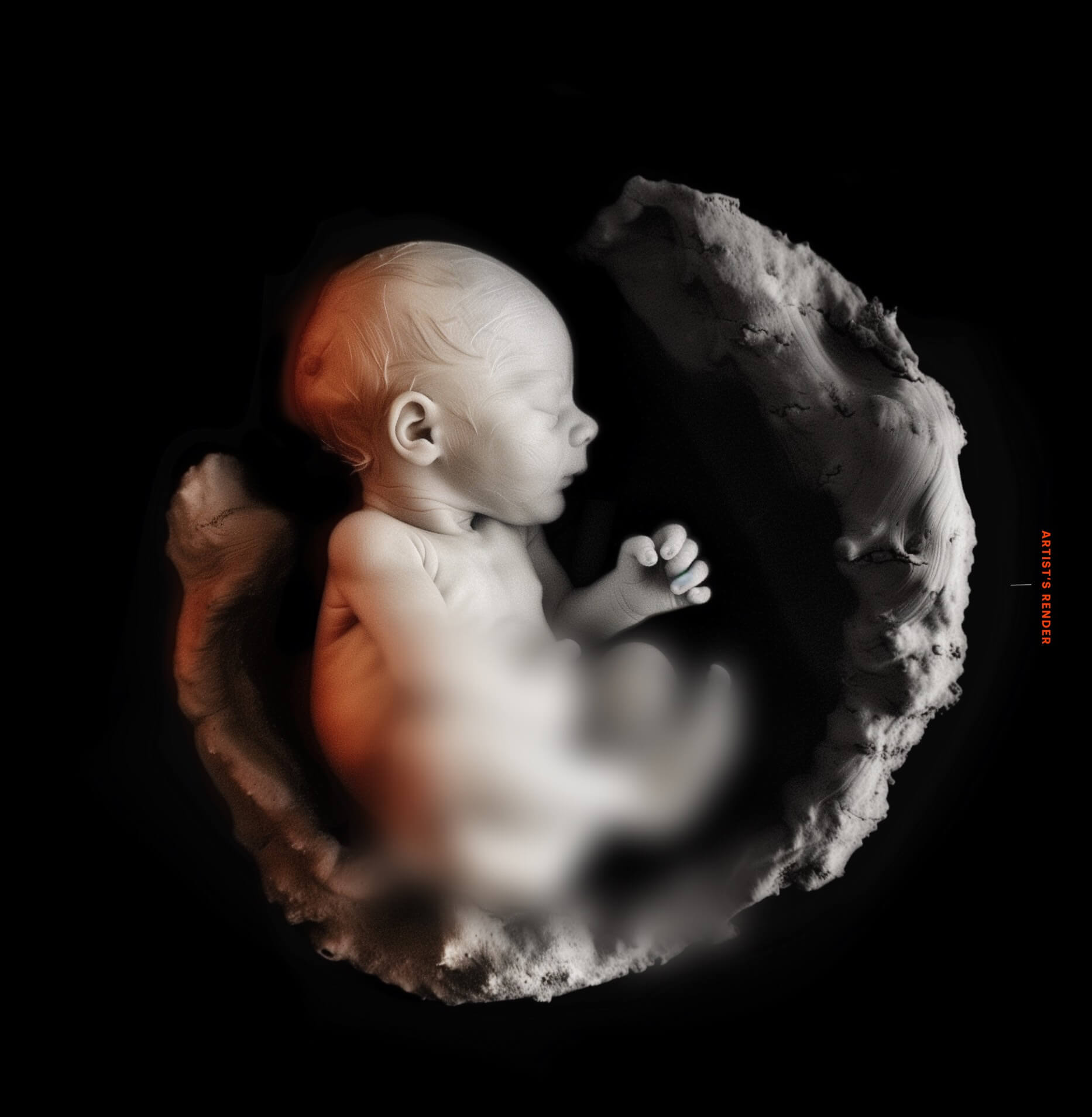
The campaign to stop abortion up to birth
The proposed
changes to the law
8 reasons why they
need to be opposed
take action
The Antoniazzi abortion up to birth amendment
Tonia Antoniazzi has tabled an amendment to the Crime and Policing Bill that would make extreme changes to our abortion laws.
How would the amendment change the law?
The Antoniazzi amendment would make it more likely that healthy babies are aborted at home for any reason, up to birth.
Tonia Antoniazzi’s amendment (NC1) would change the law so it would no longer be illegal for women to perform their own abortions for any reason, and at any point up to and during birth.
If this amendment becomes law, it would likely lead to a significant increase in the number of women performing late-term abortions at home, endangering the lives of many more women.
The proposed change to the law would also lead to an increased number of viable babies’ lives being ended well beyond the 24-week abortion time limit and beyond the point at which they would be able to survive outside the womb.
The Antoniazzi amendment would make it more likely that healthy babies are aborted at home for any reason, up to birth.
Tonia Antoniazzi’s amendment (NC1) would change the law so it would no longer be illegal for women to perform their own abortions for any reason, and at any point up to and during birth.
The amendment is more extreme than an amendment to make changes to abortion legislation proposed by Diana Johnson MP in 2024 (NC1 to the Criminal Justice Bill).
The Antoniazzi amendment goes further than the Johnson amendment in that it is not limited in its application to the three pieces of legislation that the Johnson amendment applied to.
The Antoniazzi amendment applies to all current and future legislation “related to abortion”.
+ read more
If this amendment becomes law, it would likely lead to a significant increase in the number of women performing late-term abortions at home, endangering the lives of many more women.
The proposed change to the law would also lead to an increased number of viable babies’ lives being ended well beyond the 24-week abortion time limit and beyond the point at which they would be able to survive outside the womb.
The amendment is more extreme than an amendment to make changes to abortion legislation proposed by Diana Johnson MP in 2024 (NC1 to the Criminal Justice Bill).
The Antoniazzi amendment goes further than the Johnson amendment in that it is not limited in its application to the three pieces of legislation that the Johnson amendment applied to.
The Antoniazzi amendment applies to all current and future legislation “related to abortion”.
8 reasons
why the Antoniazzi amendment needs to be opposed
Reason 1
Abortion right up to and during birth
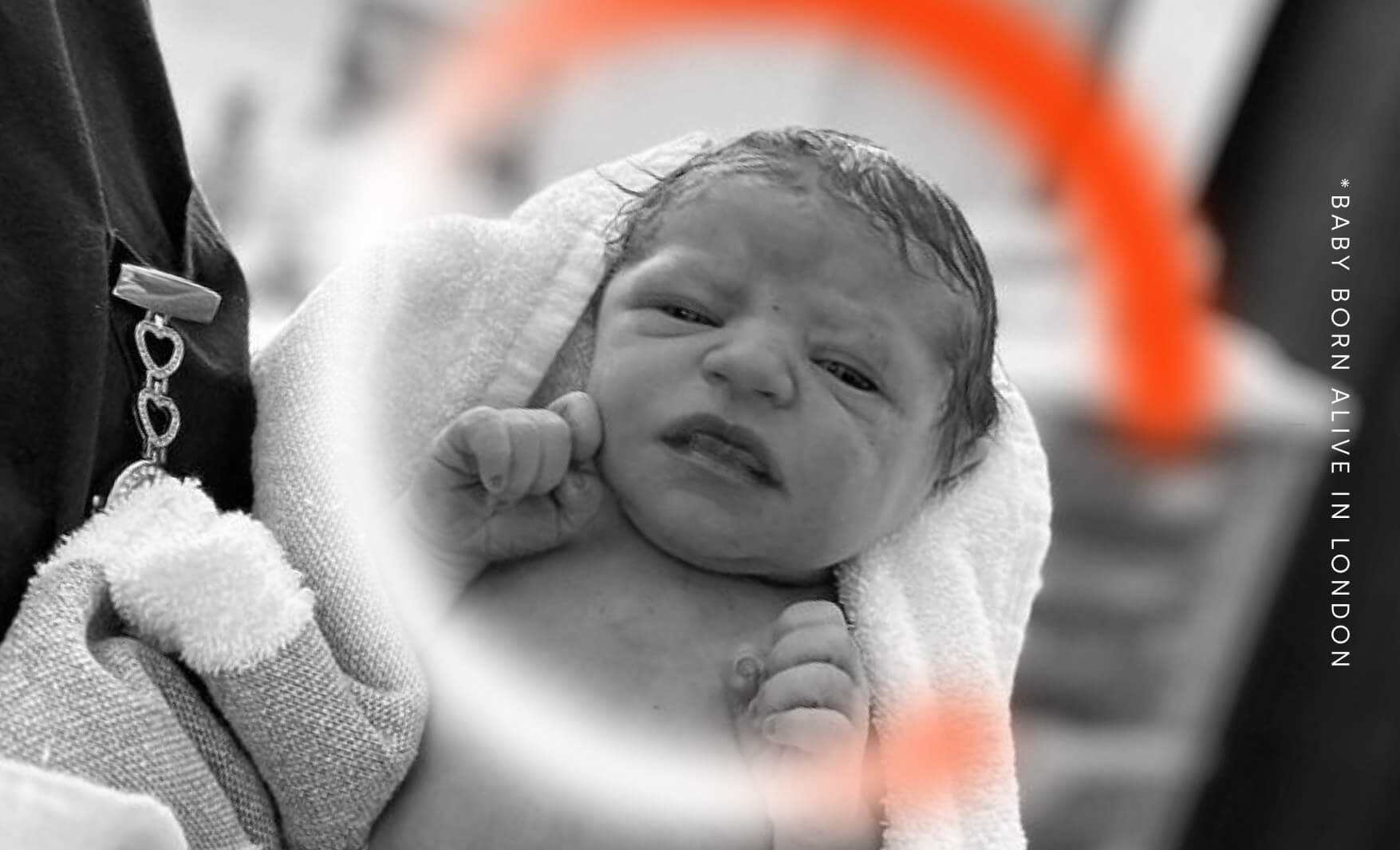
The proposed change to the law would make it more likely that healthy babies are aborted at home for any reason, up to birth.
Tonia Antoniazzi’s amendment (NC1) would remove offences that make it illegal for a woman to perform her own abortion at any point right through to birth.
The amendment does not outline circumstances in which it would continue to be an offence for a woman to perform her own abortion – the changes to the law would apply throughout all nine months of pregnancy and would not exclude sex-selective abortions.
+ read more
By amending the abortion law in this way, self-abortions will, de facto, become possible up to birth for any reason including abortions for sex-selective purposes, as women could mislead abortion providers about their gestational age (as in the case of Carla Foster, who pretended to be 7 weeks pregnant but took pills at 32-34 weeks gestation).
This amendment would likely lead to a significant increase in the number of women performing late-term abortions at home, endangering the lives of many more women.
The proposed law change would also likely lead to an increased number of viable babies’ lives being ended well beyond the 24-week abortion time limit and beyond the point at which they would be able to survive outside the womb.
Reason 2
Sex-selective abortion would become legal

Sex-selective abortion usually targets baby girls due to a preference among certain parents and some cultures for having sons.
The Government maintains that, under our current legislation, abortion on the grounds of the sex of the baby is illegal because it is “not one of the lawful grounds for termination of pregnancy” set out in the Abortion Act (which stipulates that abortion can only be performed under specific grounds).
+ read more
Tonia Antoniazzi’s amendment (NC1) would remove offences that make it illegal for a woman to perform her own abortion at any point right through to birth.
The amendment does not outline circumstances in which it would continue to be an offence for a woman to perform her own abortion – the changes to the law would apply throughout all nine months of pregnancy and would not exclude sex-selective abortions.
Reason 3
Polling shows the vast majority of the public do not support introducing abortion up to birth or sex-selective abortion

Polling undertaken by ComRes, which has undertaken polls for the BBC, ITV, The Independent and Sky News, shows that only 1% of women support introducing abortion up to birth and 70% of women would support a reduction in the time limit from 24 weeks to 20 weeks or below. 91% of women also oppose sex-selective abortion.
The same polling showed 60% of both Conservative and Labour voters supported a reduction in the time limit to 20 weeks or below. 65% of Liberal Democrat voters were in favour of a reduction in the abortion time limit to 20 weeks or below. Significantly, among those with children aged 18 or under in their household, 69% supported reducing the abortion limit to 20 weeks gestation or below.
+ read more
The polling also showed that 89% of the general population oppose sex-selective abortion.
Polling published by the Daily Telegraph shows that more than half of the general public agree that it should remain the case that a woman is breaking the law if she has an abortion of a healthy baby after the current 24-week legal time limit up until birth. Only 16% disagreed.
A separate poll from Ipsos released in August 2023 shows that only 36% of the British population think abortion should be legal during the first 20 weeks of pregnancy. This is a significant decrease in support for abortion up to 20 weeks from the previous year, conducted by the same polling organisation, where 40% of people in Great Britain thought abortion should be legal in the first 20 weeks.
Reason 4
Over 750 medical professionals have called for MPs to oppose making extreme changes to abortion legislation

Last year, over 750 medical professionals signed an open letter to MPs opposing the extreme change to the law that was proposed by Diana Johnson MP. The Antoniazzi amendment has been drafted to make similar changes to abortion legislation, but then goes even further than the Johnson amendment did in some areas (see amendment section for further details).
In the open letter, the medical professionals warn “If offences that make it illegal for a woman to perform her own abortion at any gestation were repealed, such abortions would, de facto, become possible up to birth for any reason including abortions for sex-selective purposes, as women could mistakenly or wilfully mislead abortion providers about their gestational age”.
+ read more
They go on to highlight that extreme changes to the law would also likely lead to serious risks to women’s health because of the dangers involved with self-administered late abortions.
“The Government’s own recent review of abortion complications in England from 2017 to 2021 found that the complication rate for medical abortions that happen in a clinical setting is 160 times higher for abortions at 20 weeks and over compared with medical abortions under 10 weeks. The complication rate is likely to be far higher for women performing their own abortions at home without medical supervision well beyond the current 24-week time limit”.
They have then urged Parliament to reintroduce in-person appointments rather than making the situation worse by introducing extreme changes to abortion legislation.
“We also urge Parliament to restore in-person appointments before women may be prescribed abortion pills in order to accurately assess their gestational age and health. This is an important part of safeguarding (to protect against coerced abortion) and would enable healthcare professionals to ensure it is both medically and legally appropriate for a woman to be prescribed abortion pills”.
Reason 5
Our increasing understanding of life before birth
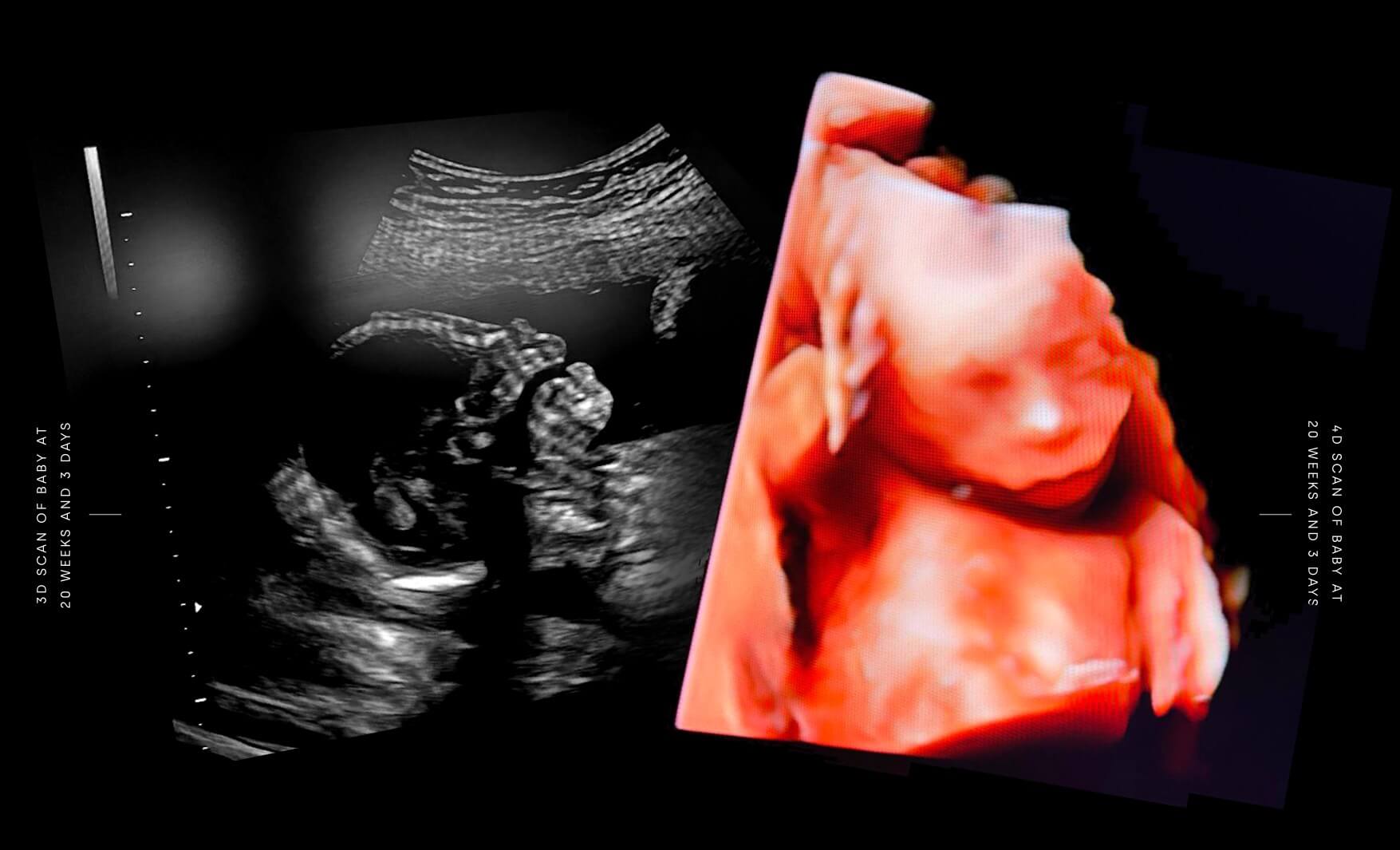
Our increasing understanding of life before birth shows the humanity of the unborn child and its development through all nine months of pregnancy.
All development milestones are sourced from the NHS pregnancy week-by-week resource. Unless otherwise captioned, images for each milestone are an artist’s render based on 3D models of the unborn child.
Key milestones
By 24 weeks gestation, the current gestational limit for abortion, the baby has already been fully formed for 12 weeks. Please note: The ages referenced below are gestational ages dated from the first day of the mother’s last menstrual period (LMP). The abortion limit of 24 weeks in England and Wales is measured by gestational age.
Week 12
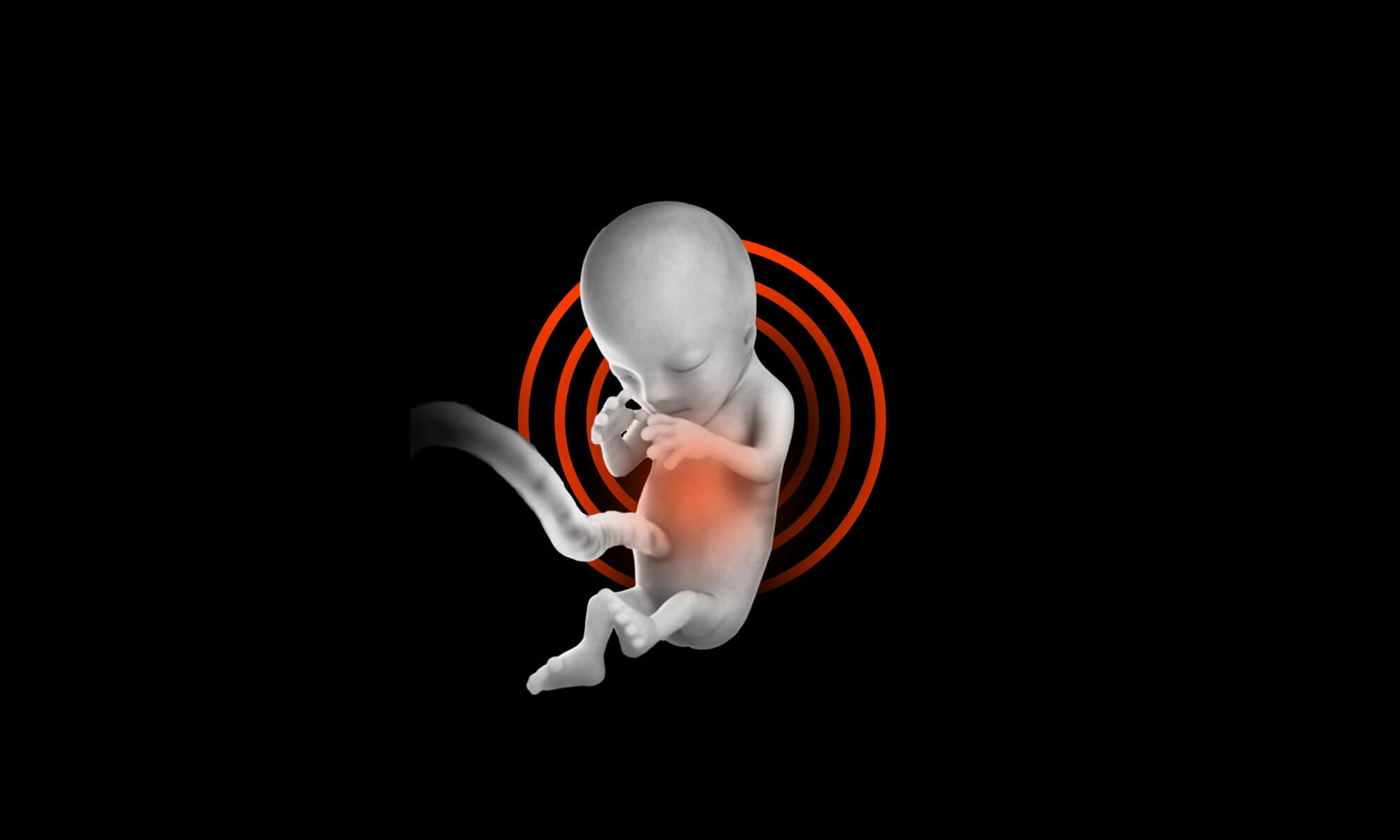
Week 15
At around this time, the unborn baby will start to hear – they may hear muted sounds from the outside world, as well as the sound of their mother’s voice and heart.
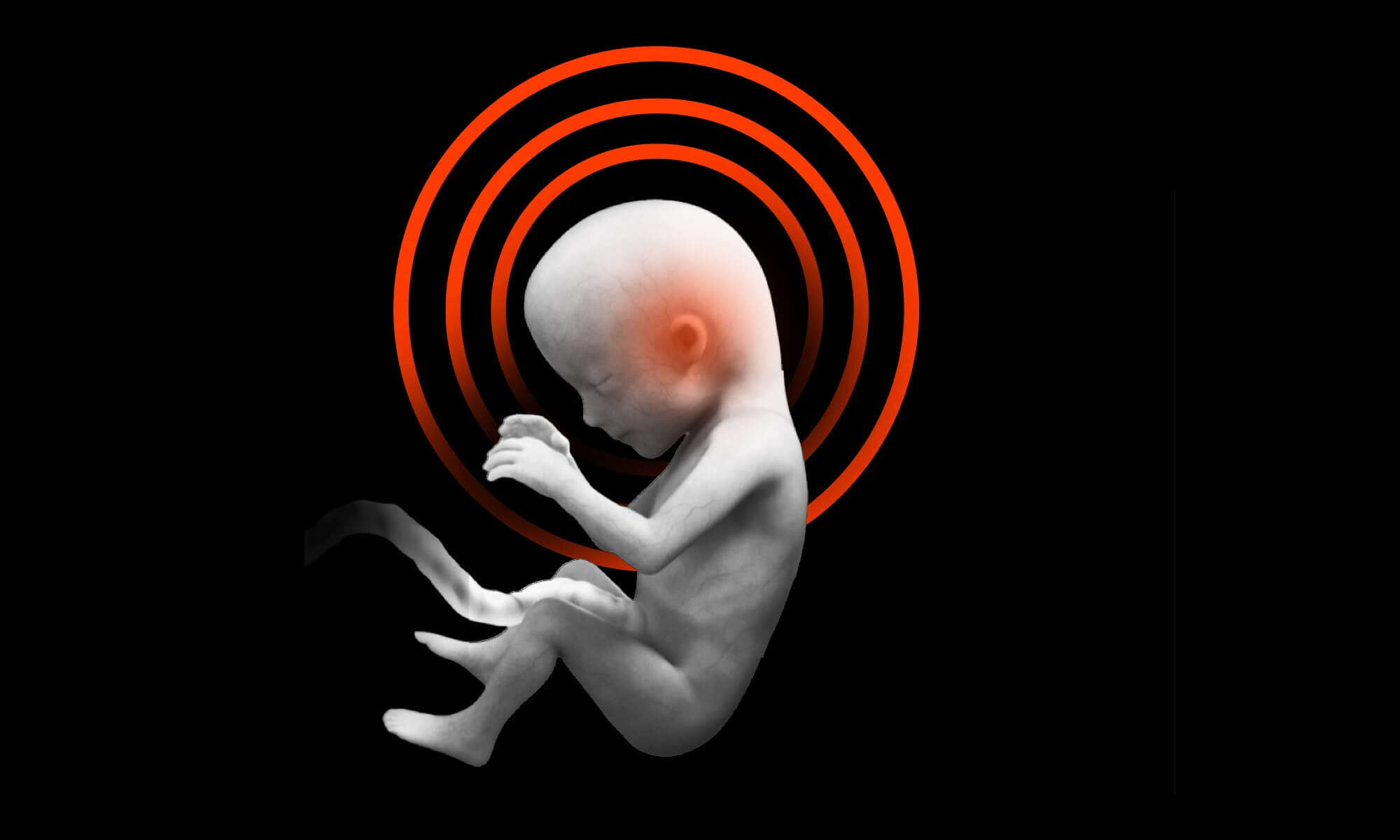
Week 16
The muscles of the unborn baby’s face can now move and the beginnings of facial expressions appear.
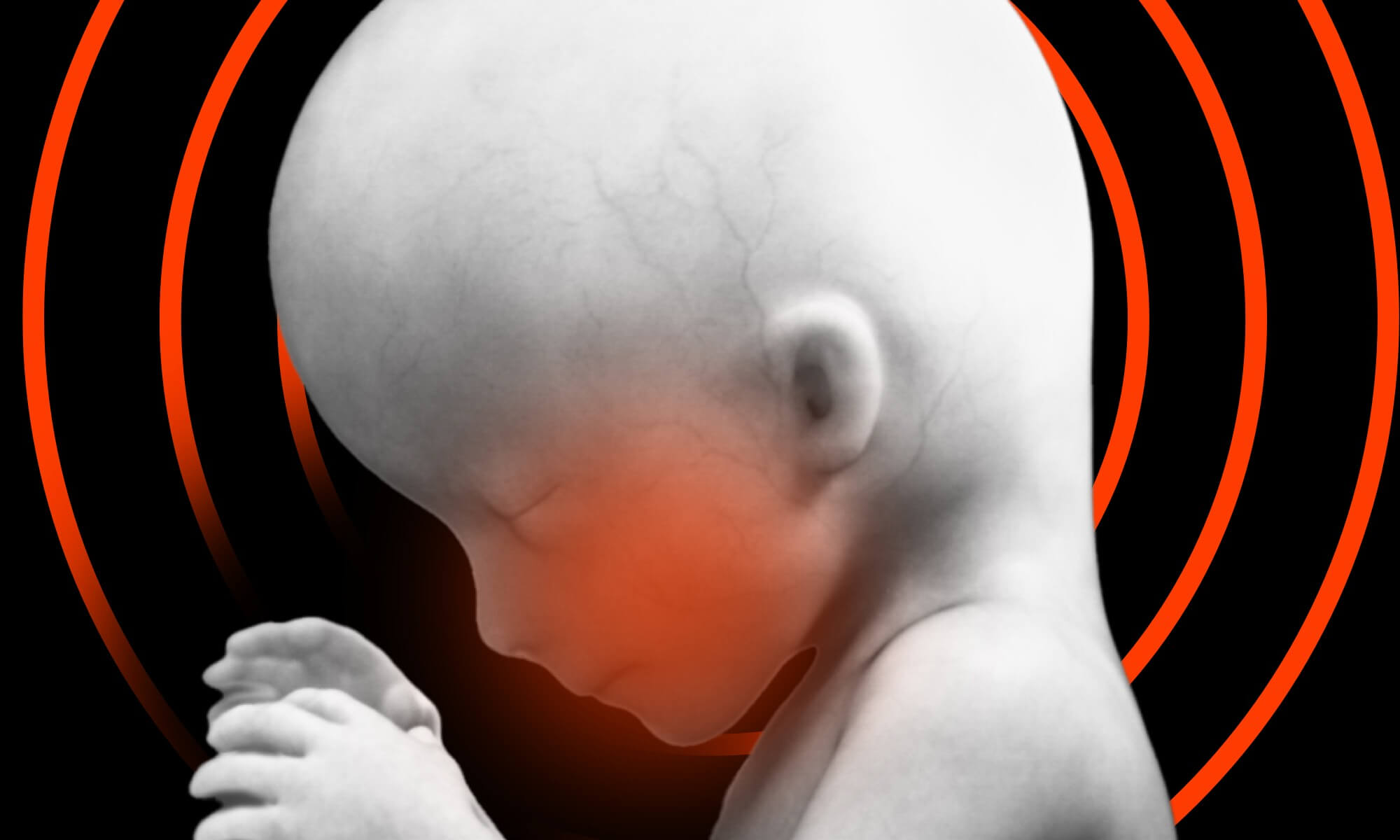

Week 23
The unborn baby’s lungs are practising breathing movements to prepare for life outside the womb.
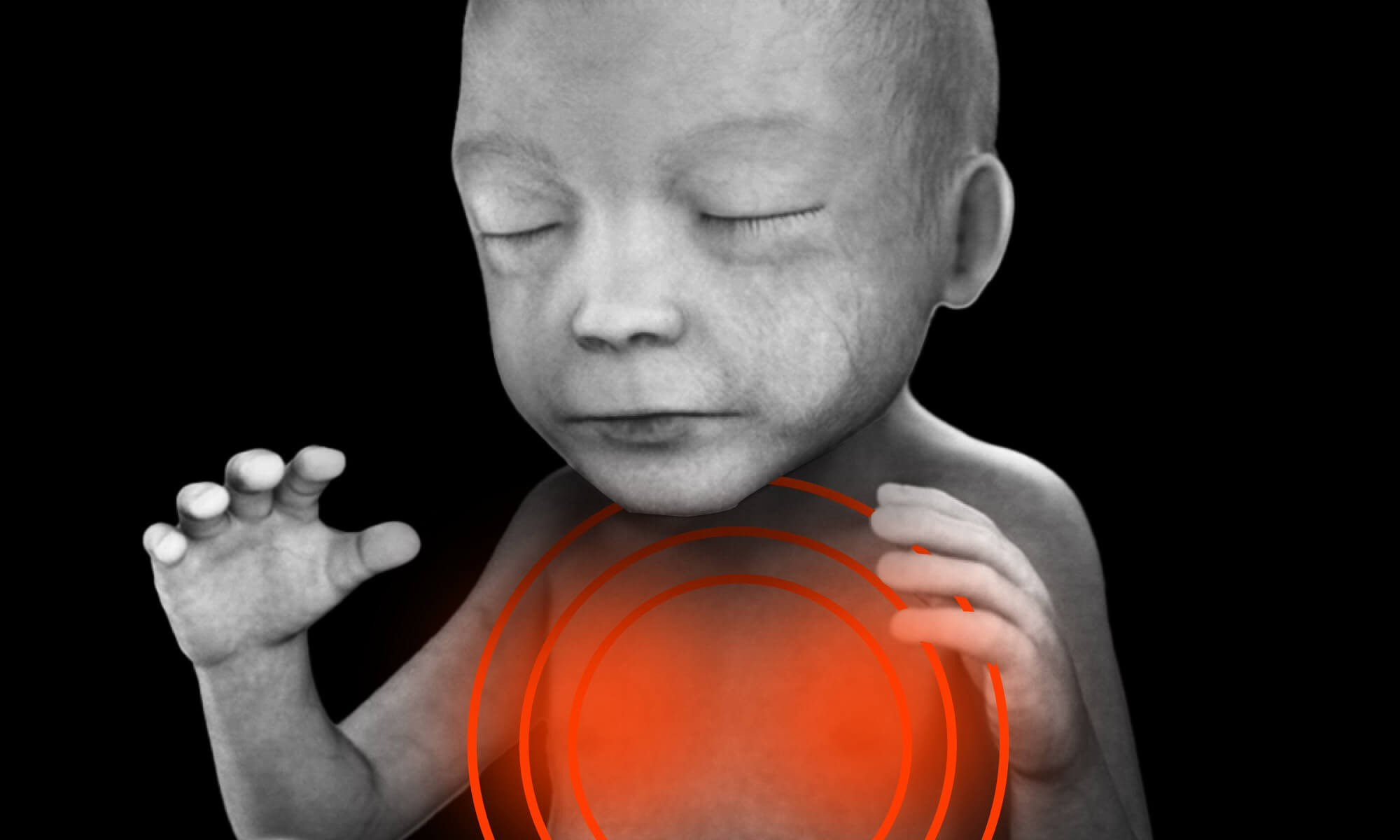
Week 25
The unborn baby is moving about a lot and responds to touch and sound. A very loud noise may make them jump and kick, and their mother will be able to feel this. Sometimes the baby may get hiccups and the mother may feel the jerk of each hiccup.
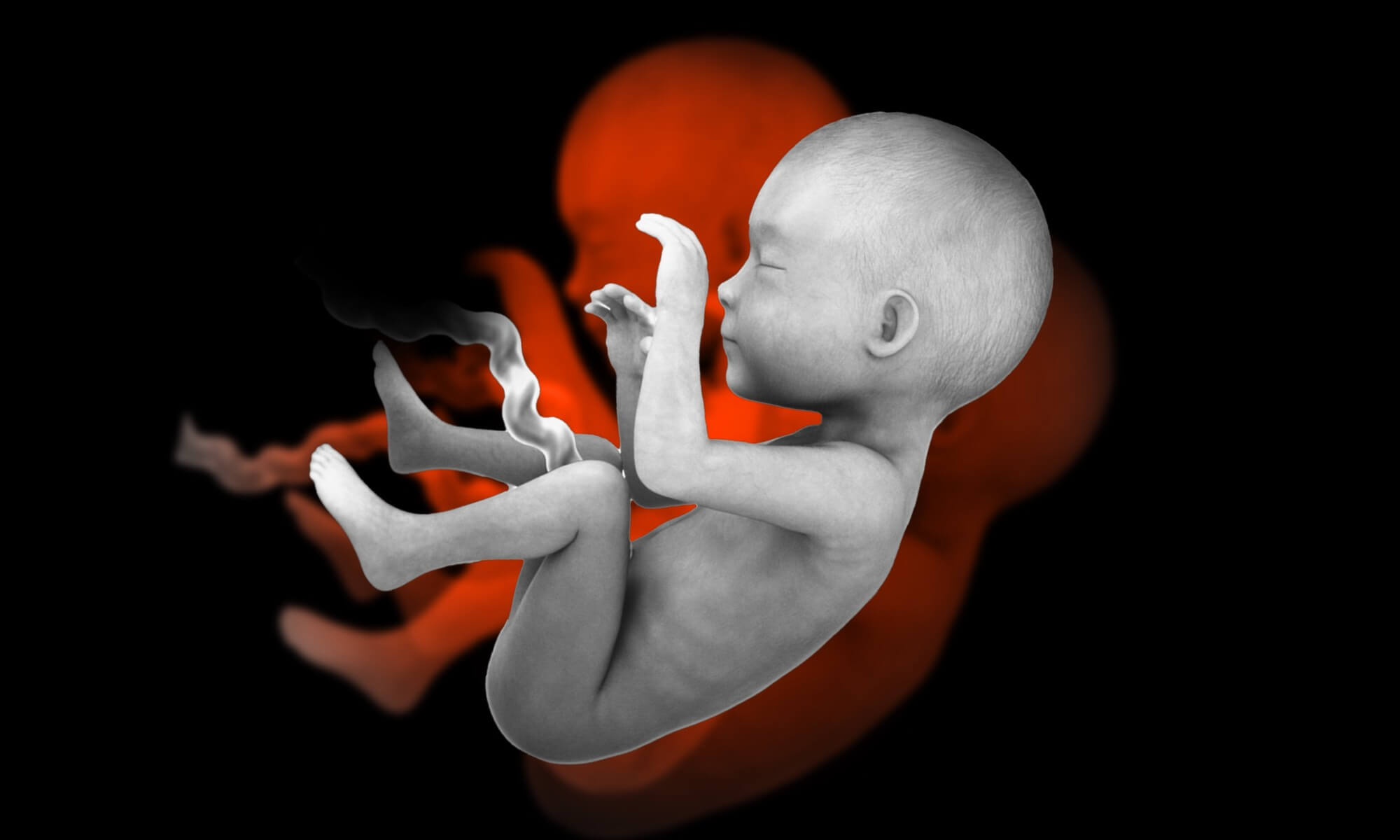
Week 26
The unborn baby’s eyelids open for the first time around now and they will soon start blinking.
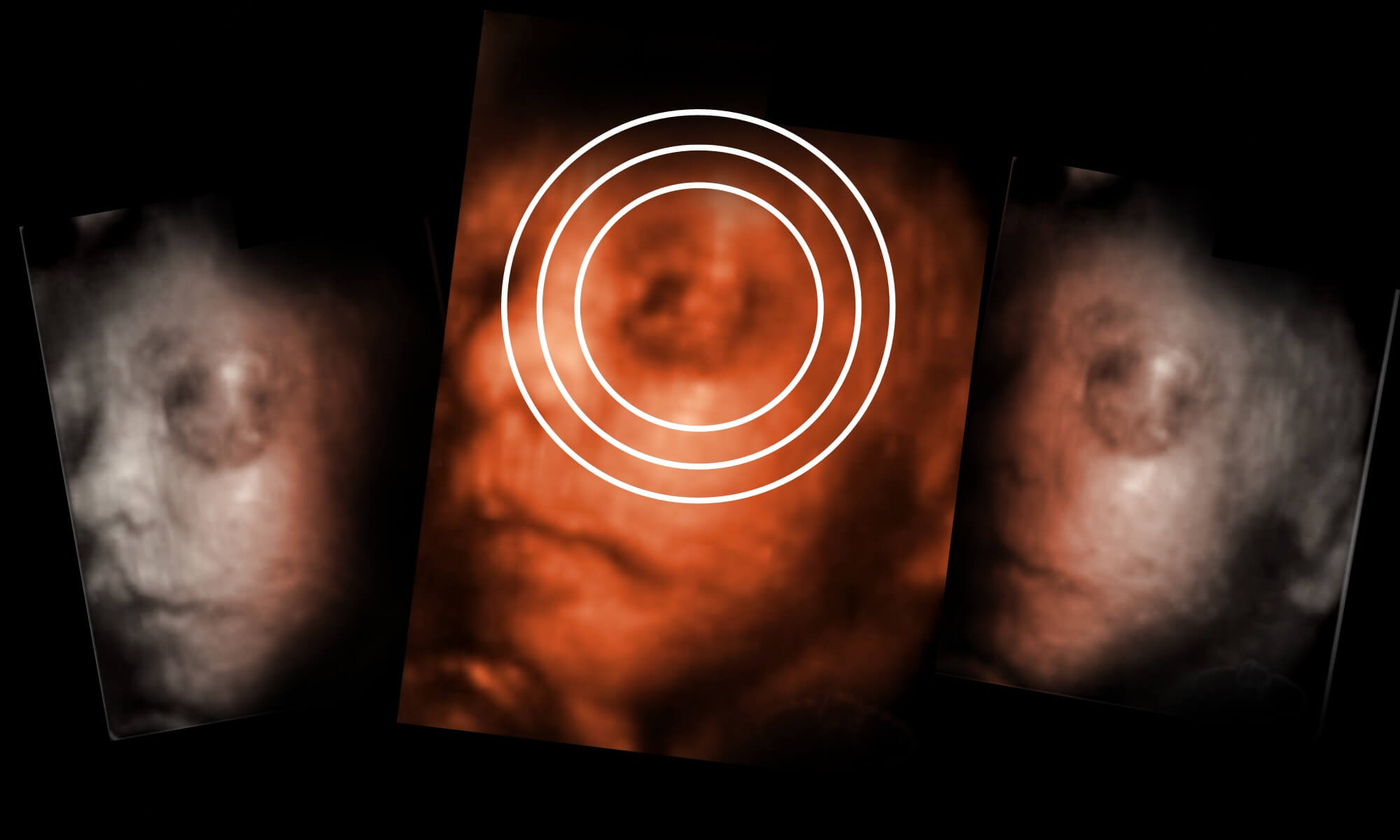
Week 30
The unborn baby’s sucking reflex is developing by now and he or she can suck their thumb or fingers.
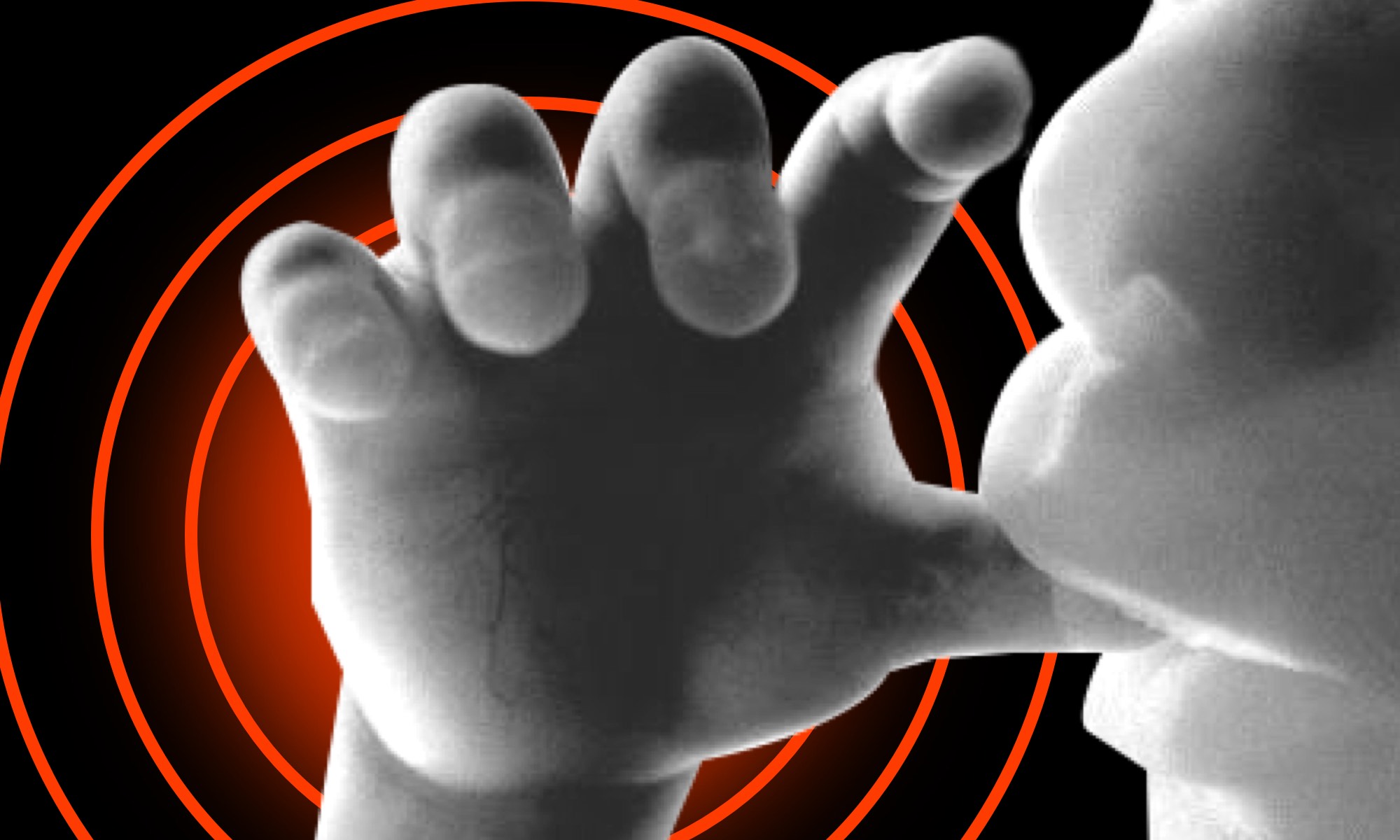
Week 32
By about 32 weeks gestation, the unborn baby is usually lying with their head pointing downwards, ready for birth. This is known as cephalic presentation.
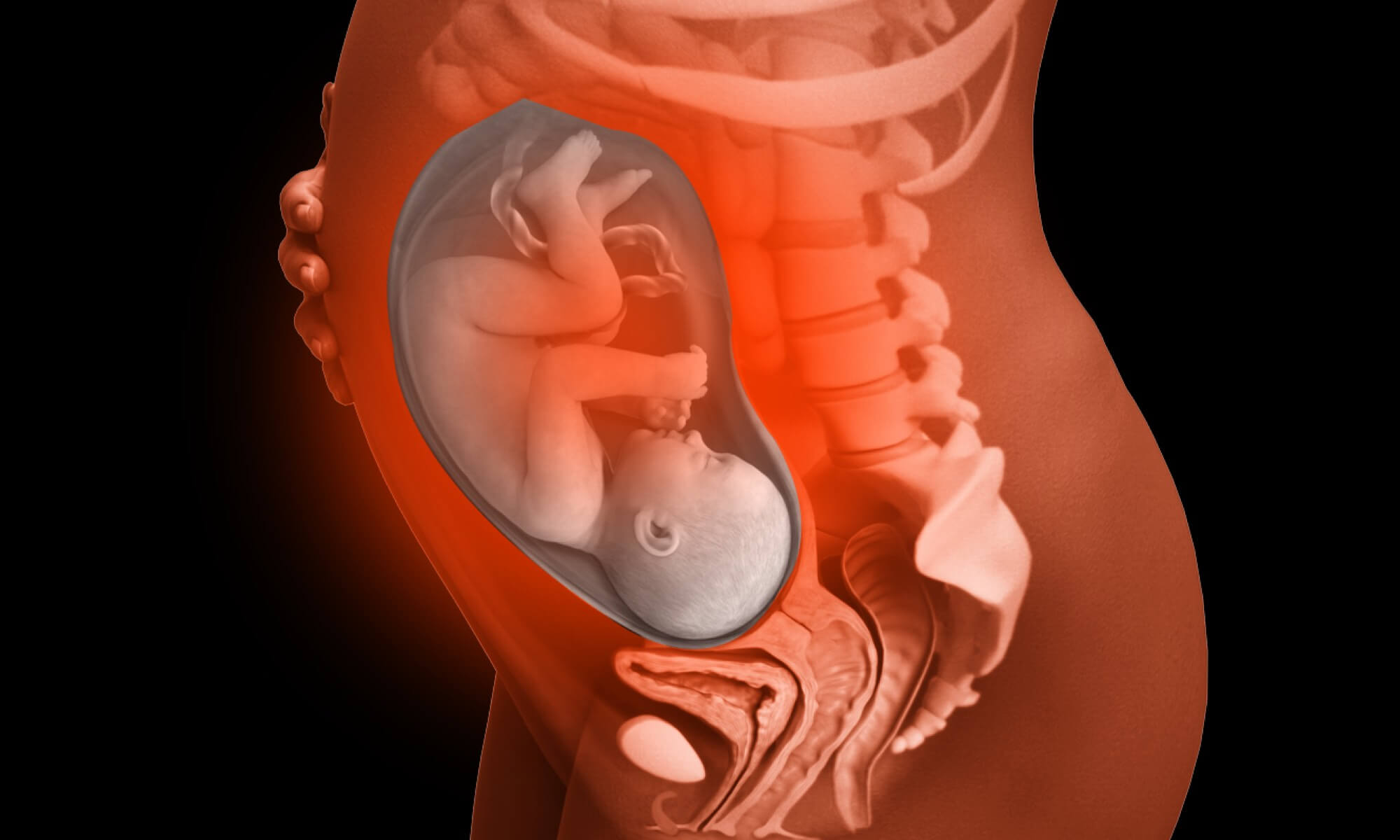
Week 34
The unborn baby’s bones are continuing to harden, apart from the skull bones. These will stay soft and separated until after the birth to make the journey through the birth canal easier. The bones can move gently and slide over each other so the head can be born safely while still protecting the brain.
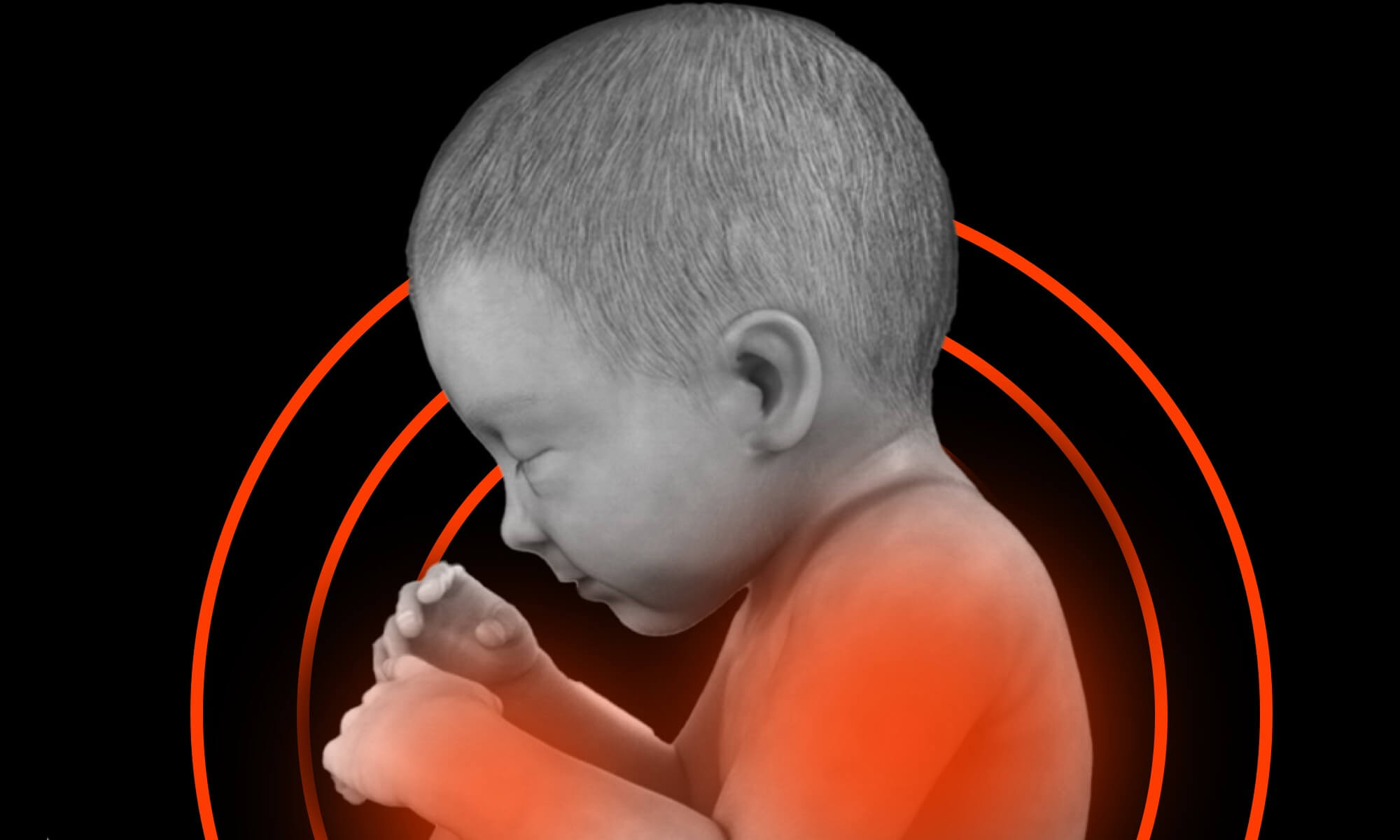
Week 35
The unborn baby is curled up in the uterus now, with legs bent up towards their chest. There’s little room to move about, but they’ll still change position, so the mother will still feel movements and be able to see them on the surface of her bump.
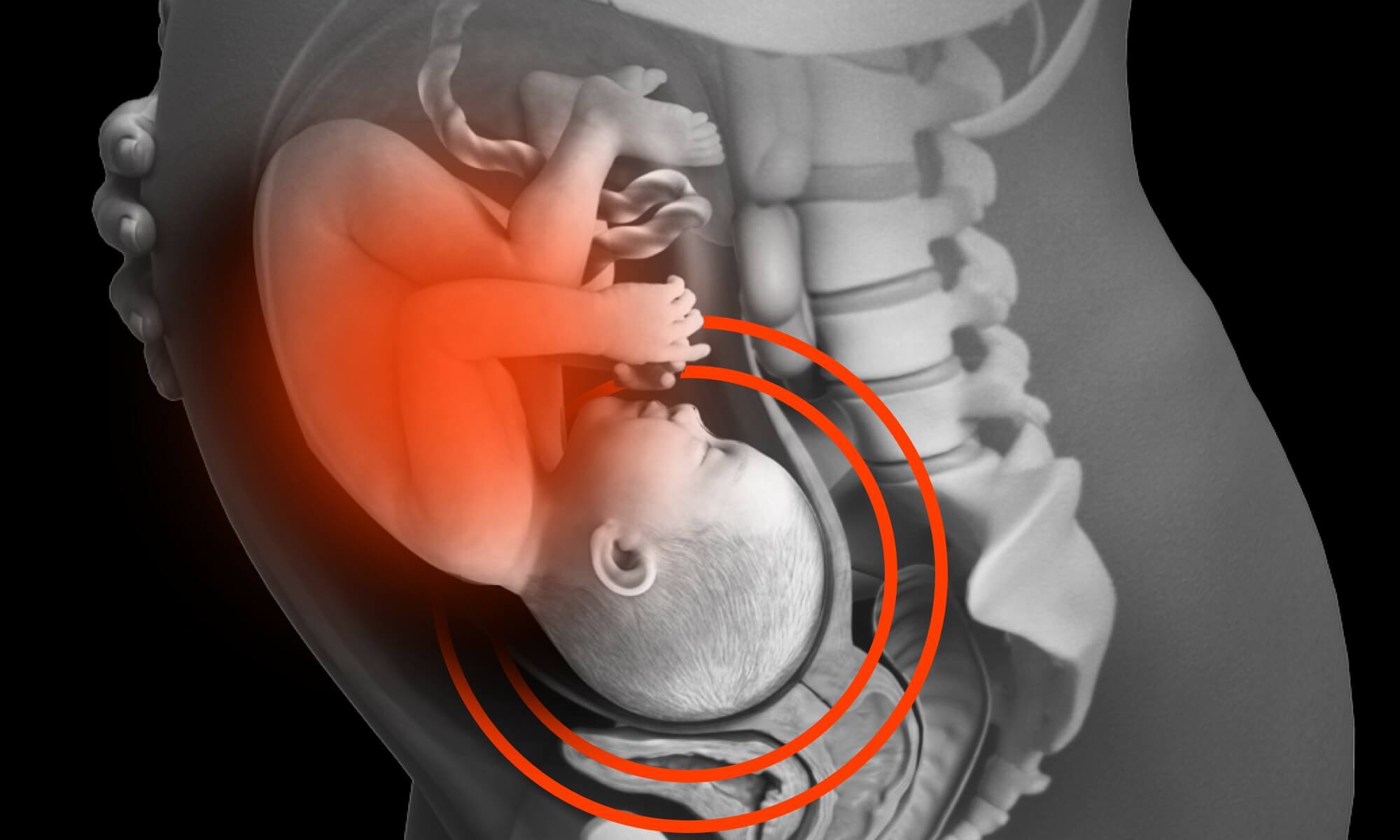
Week 37
At 37 weeks gestation, the pregnancy is considered full-term. The average unborn baby weighs around 3-4kg by now. The unborn baby is ready to be born.
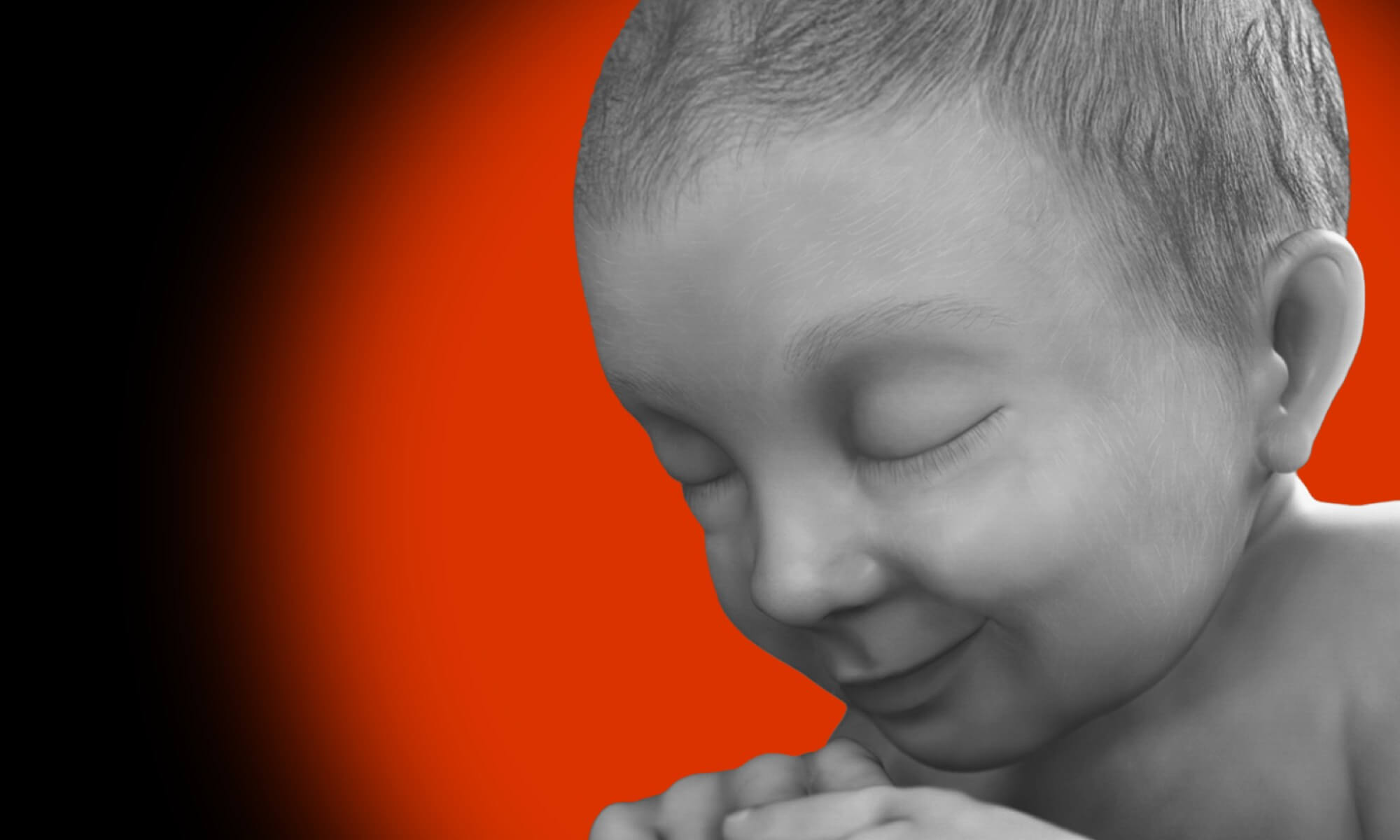
Week 40
The fine hair (lanugo) that covered the unborn baby’s body is now almost all gone, although some babies may have small patches of it when they’re born.
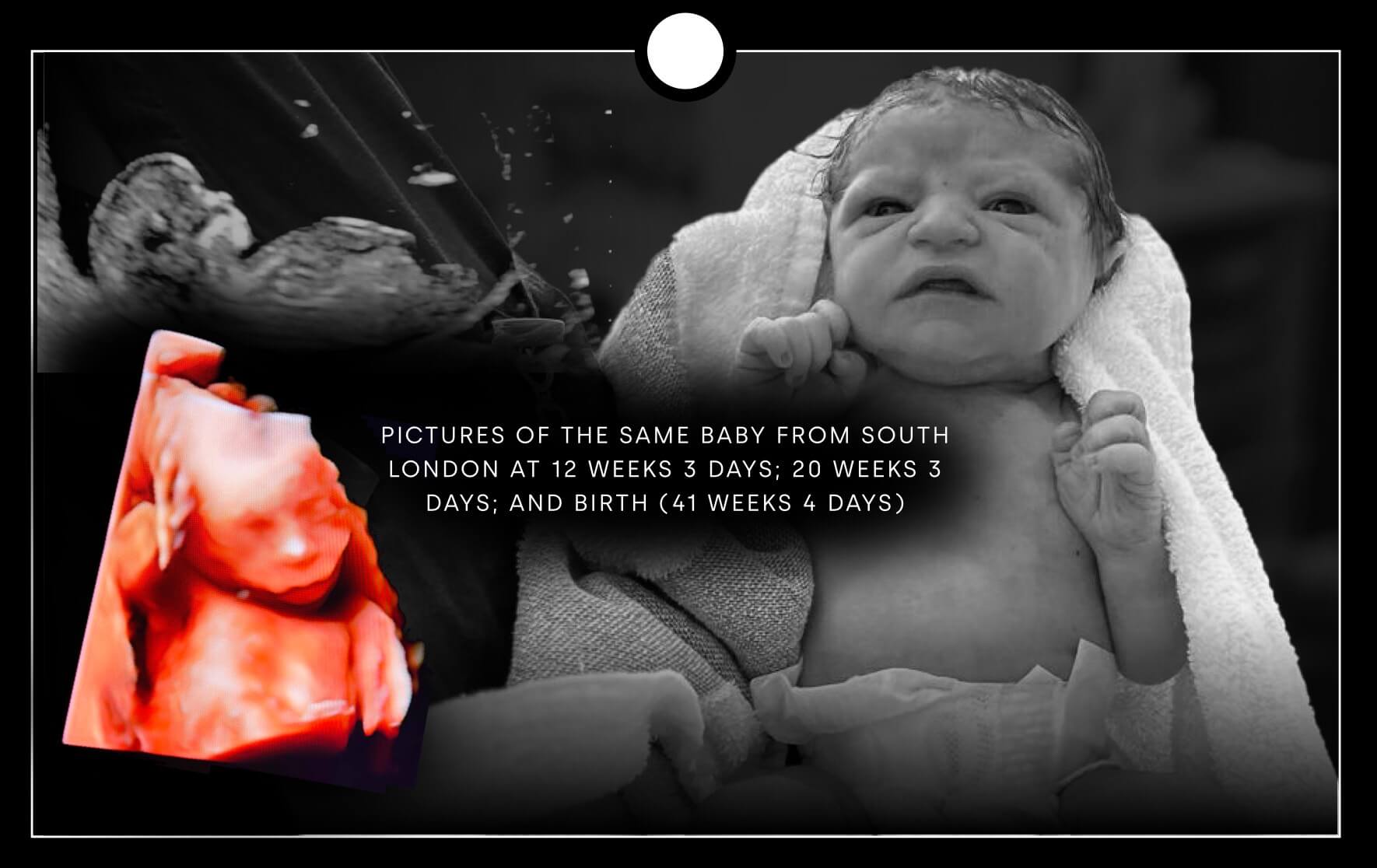
The proposed changes to the law would make it more likely that healthy babies are aborted at home for any reason, including sex-selective purposes, at any of the stages above, right up to and during birth.
Reason 6
We already have an extreme abortion law – we don’t need to make it worse
Our abortion law is already extreme, with our time limit double that of the most common abortion limit among EU countries.
In most European Union (EU) countries, abortion is only legal on demand or on broad social grounds up to 12 weeks gestation, making legislation in the United Kingdom double the average among EU countries.
When compared to almost every European Union country, it is clear that the United Kingdom is an outlier.
+ read more
Among the 27 countries that are member states of the European Union, three have a time limit for abortion on demand or on broad social grounds at 10 weeks, one country at 11 weeks, 15 countries at 12 weeks, 3 countries at 14 weeks and two countries only allow abortion in very limited circumstances.
Countries with 12-week limits for abortion on demand or on broad social grounds include Germany, Italy and Belgium as well as the more “liberal” Nordic countries Denmark and Finland. Even Sweden has a time limit for abortion on demand or on broad social grounds that is much lower than the United Kingdom at 18 weeks.
Reason 7
High-profile ‘pro-choice’ commentators say extreme changes to abortion legislation go “too far”
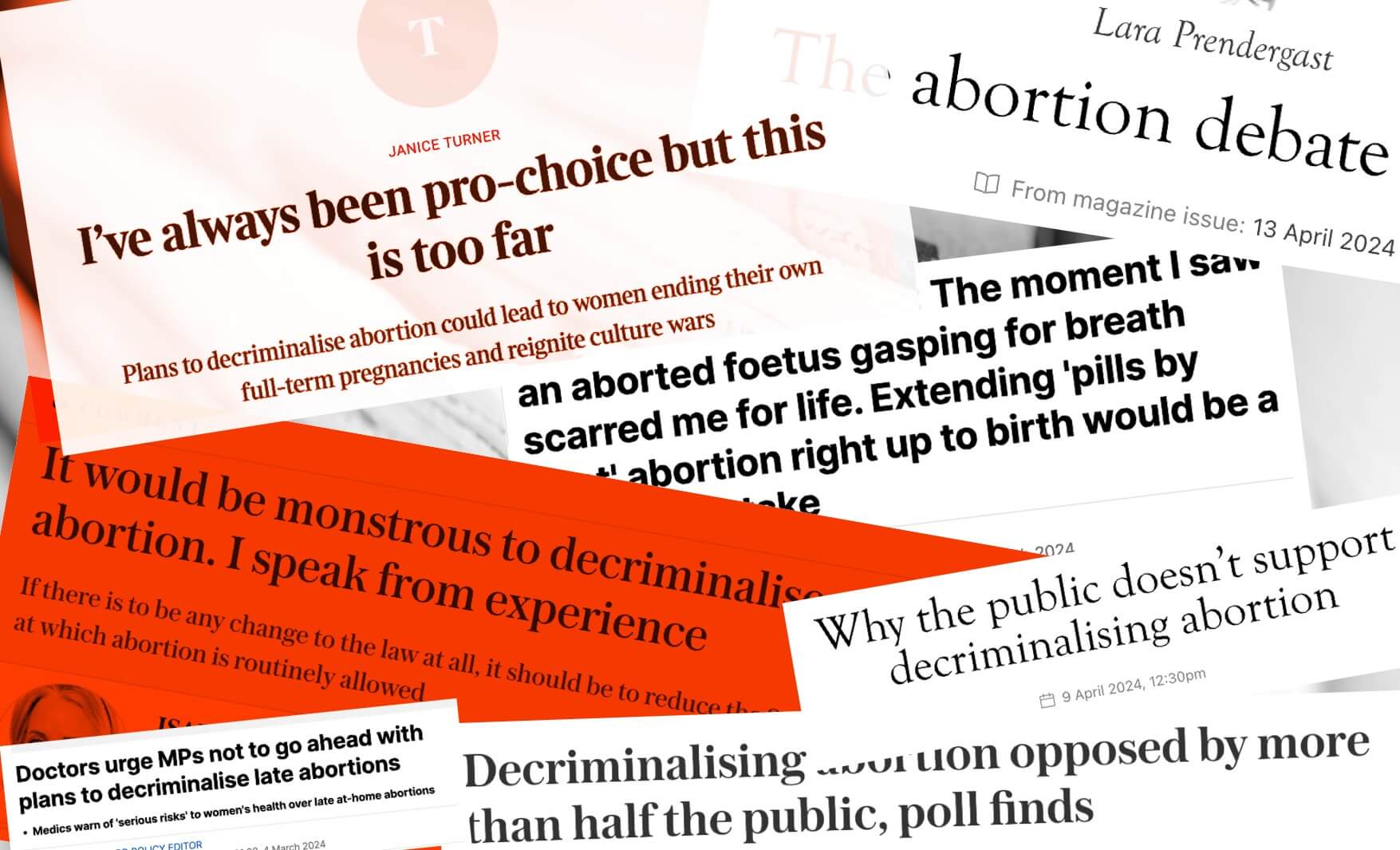
A number of high-profile commentators in the media, some of whom take a pro-choice position on abortion, came out against making extreme changes to abortion legislation when amendments were tabled to the Criminal Justice Bill in 2024, saying the proposals went “too far”.
This was accompanied by a large amount of mainstream media coverage covering the many problems with these proposals, and covering other voices who are speaking out against them.
+ read more
We have included some of this coverage below:
- The Times – Janice Turner – I’ve always been pro-choice but this is too far
- The Telegraph – Isabel Oakeshott – It would be monstrous to decriminalise abortion. I speak from experience
- The Spectator – Melanie McDonagh – Why the public doesn’t support decriminalising abortion
- Daily Mail – Nadine Dorries – The moment I saw an aborted foetus gasping for breath scarred me for life. Extending ‘pills by post’ abortion right up to birth would be a terrible mistake
- The Spectator – Lara Prendergast – The abortion debate returns
- The Telegraph – Miriam Cates – ‘Sacrificing Criminal Justice Bill is worth it to protect unborn children’
- The Critic – Georgia L Gilholy – ‘Is Britain on course for abortion up to birth?’
- The Spectator – Melanie McDonagh – Why are doctors being threatened for reporting late-term abortions?
- Conservative Home – Stewart Jackson – The Government must take a stand against abortion up to birth
- The Express – Lois McLatchie – ‘Are we really pro-any-choice when it comes to abortion?’
- Conservative Home – Georgia L Gilholy – ‘The Government must whip against extreme abortion amendments to the Criminal Justice Bill’
Reason 8
There is a better way forward

The real cause of the, albeit relatively small, recent number of cases of illegal late-term abortions is the ‘pills-by-post’ scheme, which was supported by Tonia Antoniazzi, Diana Johnson, Stella Creasy, and leading abortion providers BPAS and MSI Reproductive Choices (Marie Stopes).
The change to the law proposed by Tonia Antoniazzi would make this situation worse, likely leading to more women self-administering abortion pills to procure late-term abortions, causing serious risks to their health (the return of the ‘backstreet abortion’).
Rather than making the situation worse and making our abortion laws even more extreme, Parliament ought to protect women by seeking the reinstatement of the requirement for in-person medical appointments to verify gestational age and assess a woman’s health before abortion pills can be prescribed.
+ read more
Carla Lockhart, MP for Upper Bann, introduced an Early Day Motion (EDM) to reinstate in-person appointments before a medical abortion as an important safeguard for the safety of women and to help prevent abortion coercion.
In an apparent reference to the tragic case of Carla Foster who had an illegal abortion at between 32 and 34 weeks gestation, the EDM noted that “recent illegal late-term abortions of viable unborn babies would not have been able to occur had in-person appointments to accurately assess gestational age been required”.
The EDM was launched in support of the At Home Early Medical Abortion (Review) Bill, which was tabled in the House of Lords. The Bill specifically required the Government to review whether in-person medical appointments, during which the gestational age of the pregnancy can be accurately determined before an at-home abortion occurs, should be reinstated.